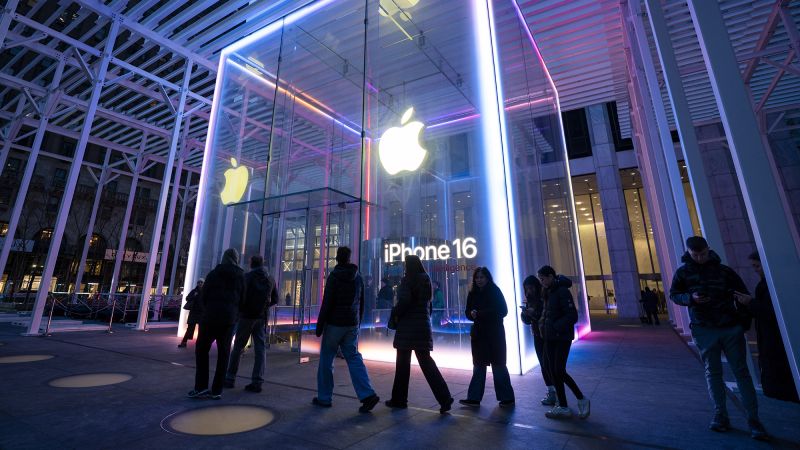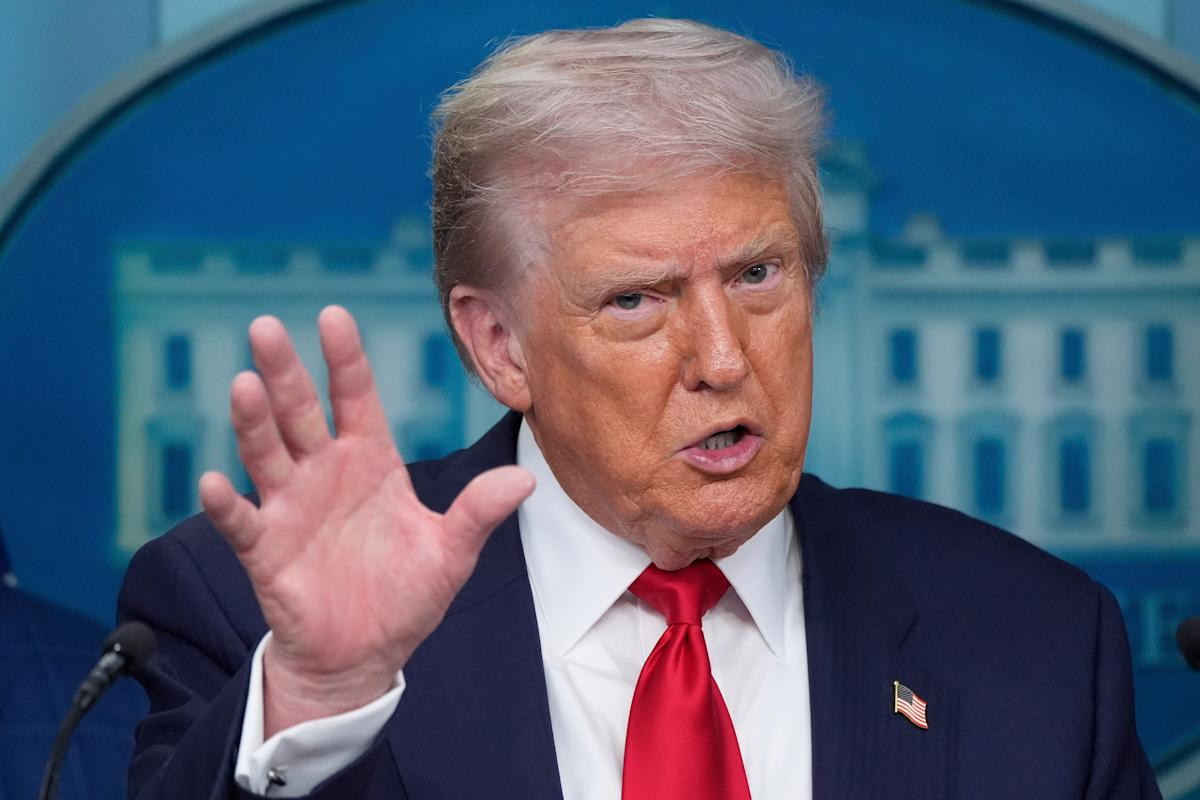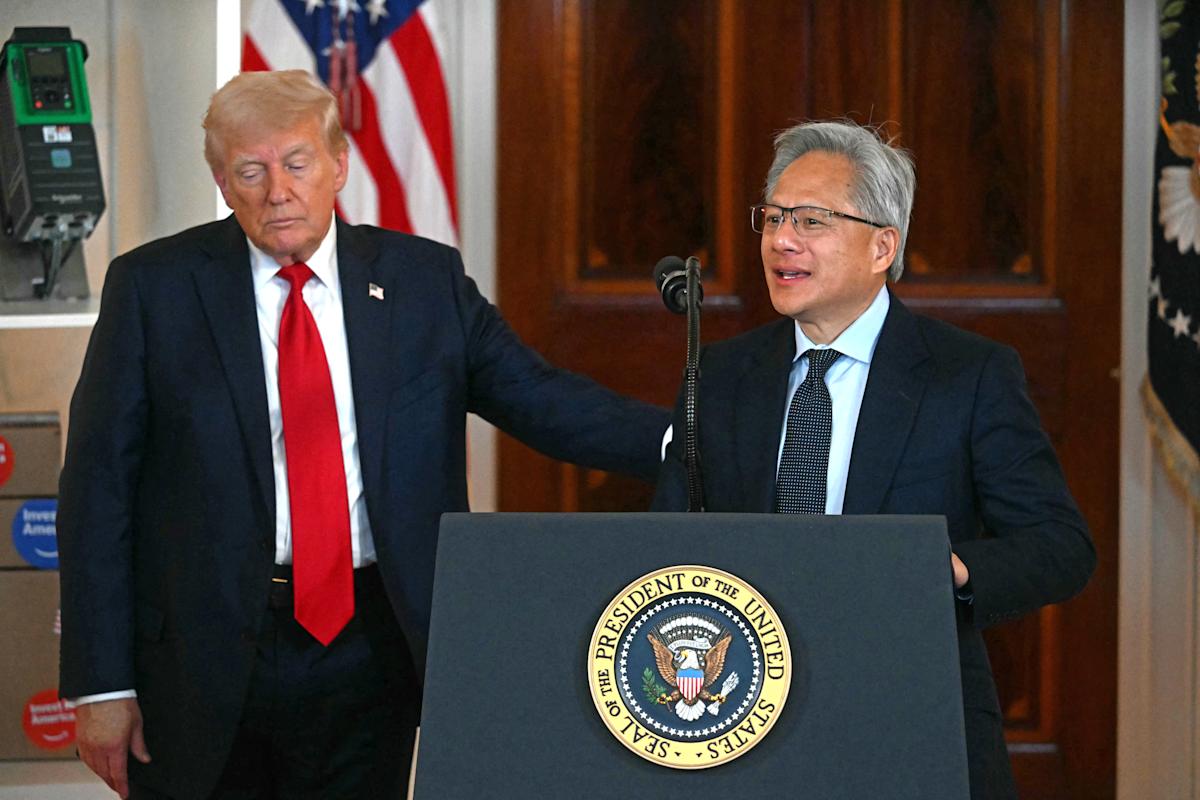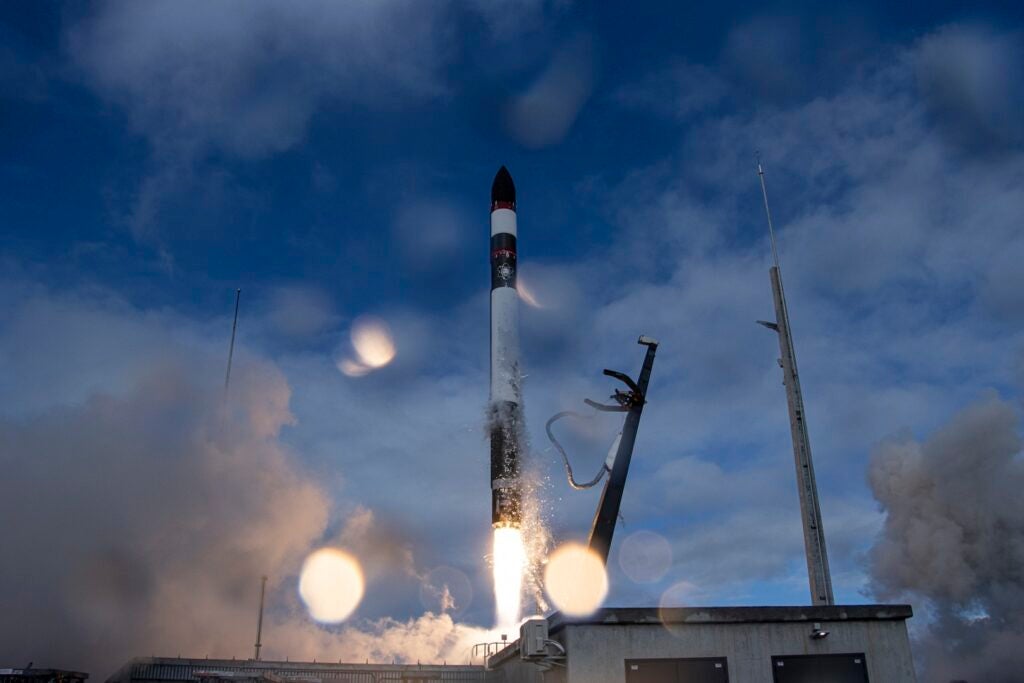Musk-Trump Feud Hits Tesla’s Market Value

Impact of Feud on Tesla’s Market Value
Tesla’s stock experienced a significant decline, falling 14% on Thursday, which erased $150 billion from its market capitalization. This drop marked one of the most substantial single-day losses in Tesla’s history and pushed the company out of the $1 trillion valuation club. Shares closed at $284.70, reflecting growing investor concerns over the escalating public feud between CEO Elon Musk and former President Donald Trump.
The market reaction underscores broader apprehensions about the impact of political controversies on Tesla’s valuation. While the company has weathered volatile stock movements in the past, the magnitude of this loss points to the heightened sensitivity of investors to reputational and regulatory risks. Tesla’s stock has already been under pressure in 2025, with a 40% decline earlier in the year due to slumping sales and broader market headwinds. Thursday’s drop reversed a partial recovery seen earlier in the year.
Origins of the Dispute
The conflict originated when Musk publicly criticized Trump’s proposed “Big, Beautiful Bill,” calling it a “disgusting abomination” in a social media post. Musk specifically opposed the bill’s potential to exacerbate the national debt, aligning his critique with fiscal responsibility. In response, Trump labeled Musk “crazy” and suggested that his administration could terminate government contracts that have historically benefitted Musk’s companies, including Tesla and SpaceX.
The feud escalated when Trump accused Musk of ingratitude, citing past support for electric vehicle tax credits, which the bill proposed to eliminate. Musk retaliated by suggesting that he would decommission SpaceX’s Dragon spacecraft in response to Trump’s threats. This tit-for-tat exchange not only drew public attention but also amplified the political and financial stakes for both parties.
Implications for Tesla and Musk’s Businesses
The fallout from the Musk-Trump feud could have significant regulatory and financial implications for Tesla and Musk’s broader business empire. SpaceX, for instance, relies heavily on federal contracts, with over $22.5 billion in unclassified government revenue in the past fiscal year. Any disruption to these contracts could pose substantial risks to the company’s operations and profitability.
Tesla, on the other hand, faces reputational challenges as Musk’s political activism increasingly alienates certain consumer demographics. The company’s stock performance may suffer further if the controversy continues to overshadow its business fundamentals. Regulatory scrutiny could also intensify, particularly as Tesla navigates ongoing investigations into its self-driving technology and compliance with environmental regulations.
Musk’s involvement in such high-profile political disputes raises broader concerns about the intersection of personal activism and corporate governance. While Musk’s leadership has been a driving force behind Tesla’s success, these controversies could test investor confidence in his ability to maintain focus on the company’s long-term goals.
 Sources
Sources- Trump-Musk Rift Costs Tesla Spot $1 Trillion Club
 investopedia
investopedia - Elon Musk’s Feud Trump Spurs Worst Wealth Losses
 yahoo
yahoo - Musk Vs. Trump: Tesla Sinks $152B CEO Warns Recession - Tesla (NASDAQ:TSLA)
 benzinga
benzinga - Musk, Trump Feud Explodes Threats Recriminations
 yahoo
yahoo
Top News
Related Articles
- Trump-Musk Rift Costs Tesla Spot $1 Trillion Club
 investopedia
investopedia - Elon Musk’s Feud Trump Spurs Worst Wealth Losses
 yahoo
yahoo - Musk Vs. Trump: Tesla Sinks $152B CEO Warns Recession - Tesla (NASDAQ:TSLA)
 benzinga
benzinga - Musk, Trump Feud Explodes Threats Recriminations
 yahoo
yahoo
People Also Watch



















